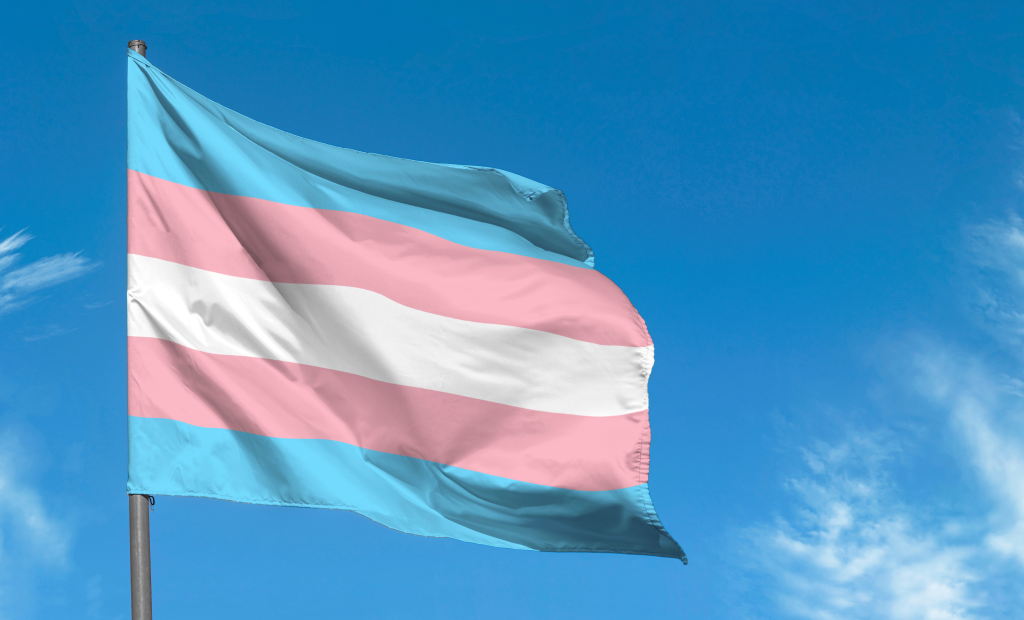
In a significant legal development that resonates with the ongoing debate surrounding transgender rights, a US district court judge has dismissed a lawsuit filed by members of the Kappa Kappa Gamma (KKG) sorority against a transgender woman. The lawsuit, which sought to remove the trans woman, Artemis Langford, from the all-female sorority, was met with a ruling that highlights the complexities of reconciling personal beliefs with the evolving understanding of gender identity.
Filed by six members of the KKG sorority at the University of Wyoming in March, the lawsuit alleged that the national sorority had disregarded its own charter and bylaws by admitting Langford, a transgender woman, into the all-female group. The plaintiffs not only aimed for damages from the national sorority but also sought Langford’s removal.
US district court judge Alan Johnson’s ruling, delivered on August 25th, underscored the principle that a “private, voluntary” organization such as Kappa Kappa Gamma has the right to define its own criteria for membership, including its understanding of gender. Judge Johnson determined that the sorority’s autonomy in deciding who to admit could not be overridden by the plaintiffs’ personal definition of “woman,” which excluded transgender individuals.

Johnson’s ruling emphasized that the sorority had conducted a proper internal process, with the University of Wyoming chapter having voted to accept Langford and the broader sorority community approving of this decision. The judge maintained that the court’s role should not extend to redefining terms like “woman,” especially within a private organization’s purview.
Critically, Johnson pointed out that any efforts to address Langford’s membership should be pursued through the sorority’s internal channels. By highlighting the sorority’s right to define its fundamental principles, including who qualifies as a member, the judge safeguarded Kappa Kappa Gamma’s autonomy and prevented the court from delving into an abstract debate over the definition of “woman.”
The judge’s ruling ultimately rejected the plaintiffs’ allegations against Langford, which included concerns over safety, and underscored the absence of any KKG bylaw that aligned with the plaintiffs’ desired definition of “woman.” This outcome exemplifies the inherent challenges in reconciling differing viewpoints, particularly in a rapidly evolving societal landscape where discussions on gender and identity are often polarized.
This lawsuit, set against the backdrop of an increasingly polarized conversation on trans rights, has generated discussions on how to respectfully address the question of gender identity. The ruling serves as a reminder that definitions of gender are multifaceted, reflecting personal beliefs as well as evolving societal norms. The broader conversation about what it means to be a woman continues to evolve, with voices from all sides contributing to a complex dialogue.
In the midst of these discussions, voices advocating for understanding and respect, like former Australian prime minister Julia Gillard’s call for “love, inclusion, and respect,” hold significance. While the court’s role is to interpret laws and protect individual rights, broader society must engage in thoughtful conversations that consider diverse perspectives and the changing understanding of gender.
In essence, the ruling sets a precedent that reaffirms the autonomy of private organizations in defining their membership criteria while acknowledging the ongoing dialogue around gender identity. This case underscores the importance of engaging in open and respectful conversations about the evolving nature of gender and the rights of transgender individuals within the broader context of personal beliefs and institutional guidelines.
Author























